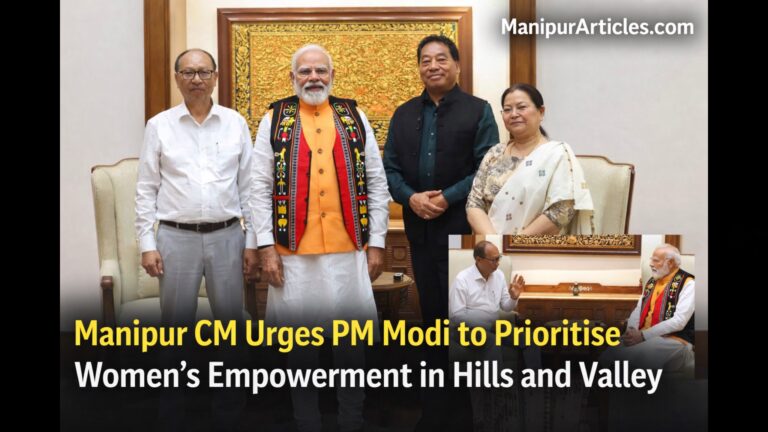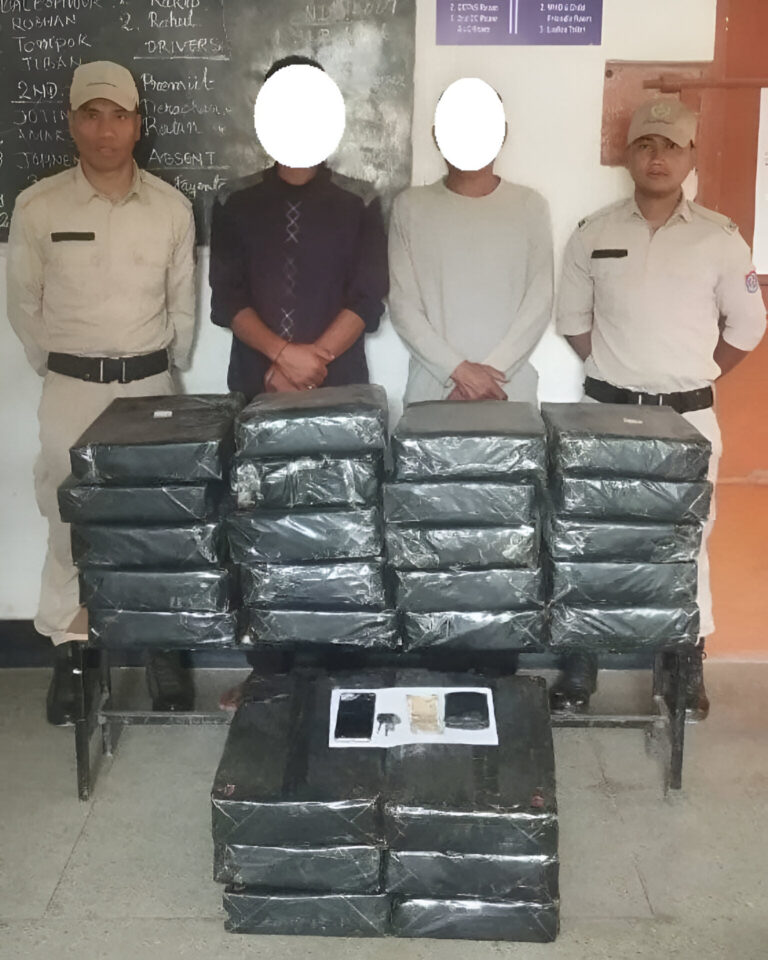PM Modi’s 103-Minute I-Day Address — and the Deafening Silence on Manipur
Short summary
On August 15, 2025, Prime Minister Narendra Modi delivered a record-breaking 103-minute Independence Day address from the Red Fort. While the speech covered defence, economic initiatives and disaster relief, observers noted it did not explicitly mention the ongoing ethnic violence and displacement in Manipur — a silence that local media and regional leaders criticized as striking given the scale of the humanitarian crisis.
Why one missing sentence matters
Imagine you’re at a big family reunion where the host thanks everyone, lists everyone’s achievements and announces plans — but leaves out one cousin who lost their home in a fire last week. You’d feel the omission. That’s precisely why political speeches are read not just for what’s said, but for what’s left unsaid. On August 15, 2025, India’s Prime Minister delivered his longest Independence Day speech ever — 103 minutes long — but critics say he skipped mentioning the ongoing, two-year-long crisis in Manipur. For sufferers, and for anyone tracking governance and national compassion, that silence is not neutral. It carries meaning.
The bare facts: length, themes and the omission
Modi’s Independence Day address — clocking in at about 103 minutes — set records and covered a broad range of topics: “Viksit Bharat” ambitions, energy and nuclear plans, defence operations (Operation Sindoor), economic measures and social initiatives. The full transcript published by major outlets runs long and details each section of the speech. Yet, as several regional outlets noted, the speech made no explicit reference to the ethnic violence that began in Manipur on May 3, 2023 — a crisis that has displaced tens of thousands and left deep scars in affected communities.
That combination is what stirred reaction: a very long national address that omitted a subject for many citizens who believe their suffering deserved at least a mention.
A quick refresher: what’s been happening in Manipur
To understand why people expected a mention, you need context (and numbers). Ethnic clashes between Meitei valley communities and tribal hill groups such as Kukis erupted in May 2023 and have persisted in waves, producing widespread displacement, property destruction and deaths. Independent monitors and rights groups have estimated tens of thousands of internally displaced people (IDPs) still living in relief camps, and multiple reports have documented shortages of basic facilities in those camps. Amnesty International and major national newspapers have repeatedly called attention to the slow progress on rehabilitation and resettlement.
A plea for attention, not theatre
A 103-minute speech is long enough to include both grand vision and particular pain points. The absence of a direct reference to Manipur in the Independence Day address was therefore felt as an omission, not just by politicians but by the displaced families waiting for a national signal of empathy and a practical roadmap home. Speeches are only the start. What follows — policy, timelines, transparency and community healing — is where real progress will be judged.
If you care about good governance, watch what happens next: does renewed attention produce fresh funding, secure returns to homes and trust rebuilding? Or does the silence become the new normal? The answer will tell us far more than any single paragraph ever could.
FAQs
Q1: Did PM Modi explicitly mention Manipur in his full Independence Day speech transcript?
A1: Major transcripts and live reports of the speech show no explicit reference to Manipur in the Independence Day address; regional outlets highlighted this omission and criticized the silence.
Q2: How many people are still displaced because of the Manipur violence?
A2: Estimates vary by source and date: Amnesty and other reports have cited figures in the tens of thousands (50,000+), while national outlets and state briefings have reported numbers in similar ranges and described phased resettlement plans. The exact number fluctuates as people return and records are updated.
Q3: Why would a Prime Minister avoid mentioning a domestic crisis on such a day?
A3: Reasons can include speech prioritization (many themes to cover), a belief that procedural/administrative responses are better delivered via policy notes rather than ceremonial speeches, or political calculations. Critics argue that omission undermines empathy and political accountability; supporters may say operational work continues regardless of speeches. (This is an analysis point rather than a single-source fact.)
Q4: What should activists and citizens do if they want the issue to stay on the national agenda?
A4: Keep documenting conditions, push for transparent timelines for resettlement, coordinate with credible national NGOs to raise visibility, and use parliamentary and legal channels to demand accountability and independent monitoring of rehabilitation programs.
Q5: Will this omission affect policy for Manipur?
A5: An omission alone doesn’t determine policy. But public pressure triggered by the omission — media scrutiny, parliamentary questions, civil society advocacy — can accelerate administrative responses. The key test is whether the Centre and state publish clear, verifiable plans and meet timelines for safe return and rebuilding.





